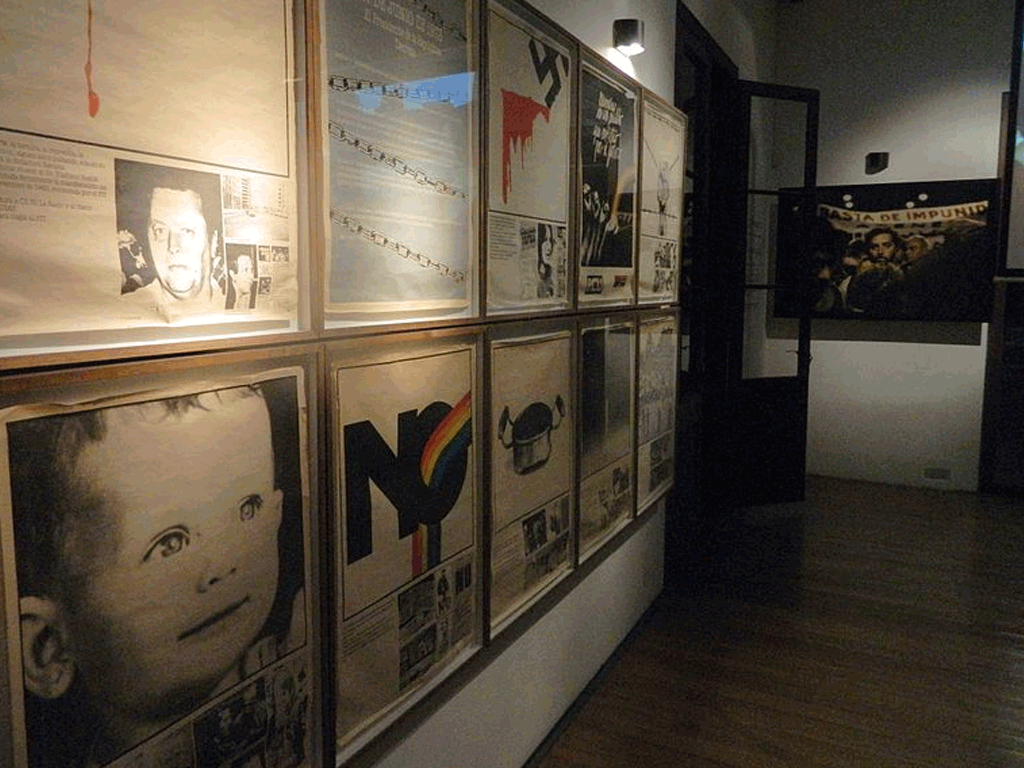Graduate Student André Nascimiento Publishes Scholarship Based on Field Research
December 10, 2018

André Nascimento, an MA student in the Department of Spanish and Portuguese, has published scholarship based on his field research concerning "Dictatorship and its Legacies to the LGBTTIQ Community in Argentina and Uruguay: The Case of Invisibility and the Reaction Proposed by Literature and the Archives."
His time in the field, which was supported by a Field Research Grant (FRG) from the LAII, contributed to an understanding of how literature and works of memory challenge official history and reveal contradictions between discourse and actions during the military regime in Argentina (1976-1983) and Uruguay (1973-1985), specifically in its persecution against sexual and gender identity minorities. André's efforts focused on the memory sites Memoria Abierta in Buenos Aires and Museo de la Memoria in Montevideo that contest official history that silences the oppression faced by sexual minorities. He argues that these sites produce a social unrest through the denouncement and the claim that sexual minorities perform aiming at being actively incorporated to the cultural and historical imaginary of these countries.
Earlier this semester, André shared his research findings with the UNM community through a presentation, "From Restrooms to the Streets: The Cityscape & Non-Normative Citizenship in Contemporary Argentinian & Brazilian Literature," organized by the Language Learning Lab. He also presented his work as part of the LAII's FRG Colloquium, when he joined five colleagues to discuss field research findings and challenges. In addition, his time in the field has prompted several written publications, including the article "O macho performático: a ditadura e a homossociabilidades em ‘Sargento Garcia,’ de Caio Fernando Abreu in REVELL—the Revista de Estudos Literários da Universidade Estadual de Mato Grosso do Sul and an essay, "Vidas (não) comuns no estado de exceção," contributed to a forthcoming Brazilian anthology to be published by a research group at the State University of Rio de Janeiro.
